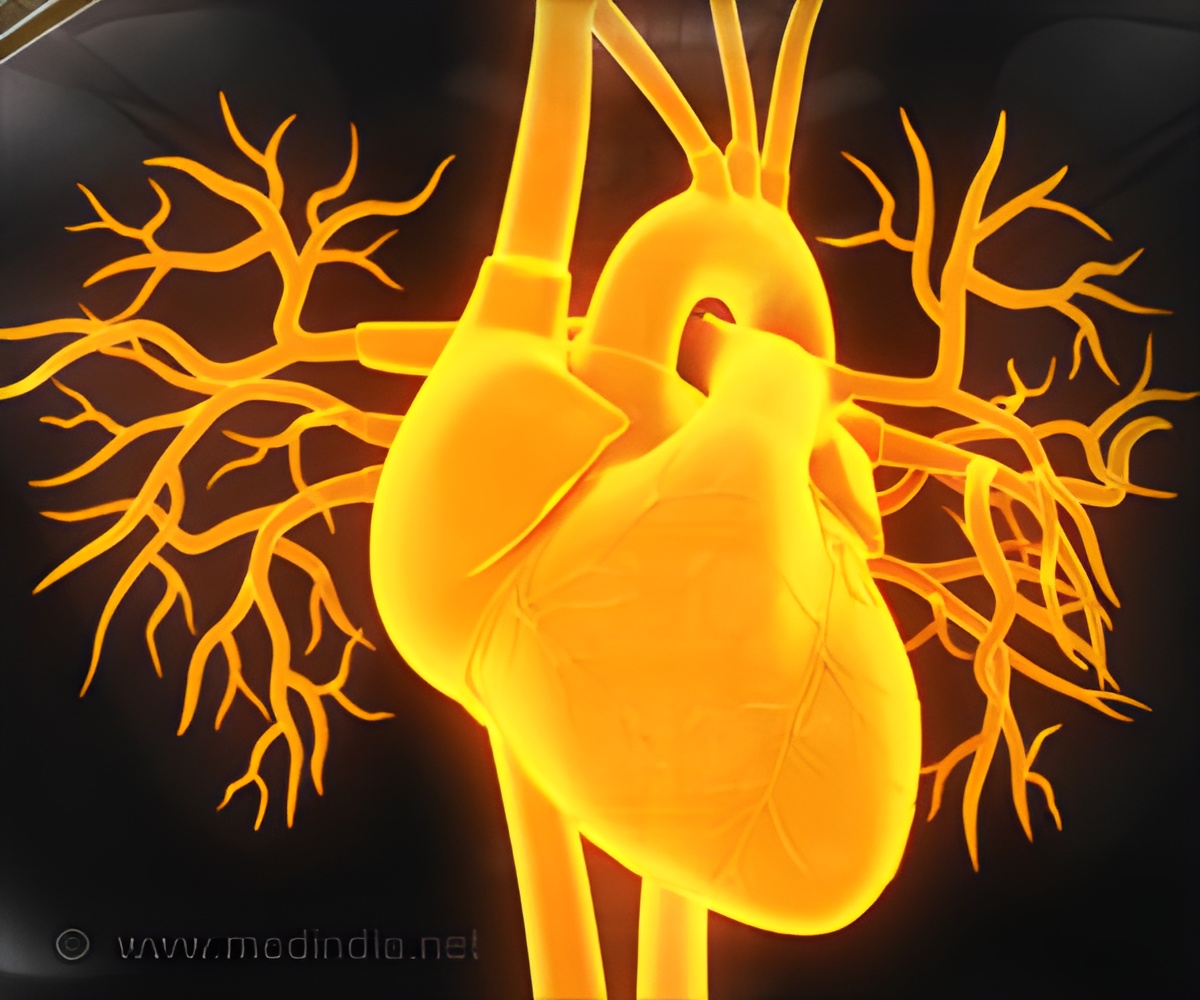Heart damage caused by chemotherapy is worse in cancer patients who also have diabetes.

- Cardiotoxicity is when there is damage to the heart muscle
- It is set to increase the burden of heart failure in cancer survivors who also have diabetes.
- Cardiotoxicity can be reversed in the early stages before overt heart failure develops.
TOP INSIGHT
Cardiotoxicity induced by chemotherapy with anthracyclines is being increasingly reported, mainly because a smaller proportion of patients now die from cancer.
The current study analyzed the effect of cardiovascular risk factors and type of cancer on the development of cardiotoxicity to help identify patients at greater risk.
83 patients were included in the surveillance programme, of whom
- 54 had breast cancer
- 20 had lymphoma
- 9 had gastric cancer
The data from the patients was collected based on the following
- Demographics
- Cardiovascular risk factors (high blood pressure, diabetes, high lipid levels, smoking), previous history of cardiovascular and non-cardiovascular diseases and type and cumulative dose of anthracylines.
31% had hypertension, 7% had diabetes, 16% had dyslipidemia, and 16% were smokers.
Patients with high blood pressure showed a trend toward greater reductions in ejection fraction.
Breast cancer patients had milder cardiotoxic effects compared to those with gastric cancer or lymphoma.
Dr Gomes said: " Subclinical reduction in global longitudinal strain is an early predictor of heart failure and was particularly pronounced in patients with diabetes. It is possible that the trend for greater reduction in patients with hypertension might become statistically significant in a larger study."
"We hypothesise that cancers themselves could have direct cardiotoxic effects induced by cytokines," said Dr Gomes. "These cardiotoxic effects may vary with the type of cancer."
She concluded: "Cancer patients should strictly control cardiovascular risk factors with lifestyle changes and, if necessary, with medication. But of course cardiovascular prevention should never postpone the beginning of chemotherapy since treating cancer is the first priority."
The findings of the study presented at EuroEcho-Imaging 2016.
Source-Medindia
 MEDINDIA
MEDINDIA




 Email
Email










